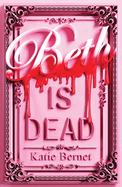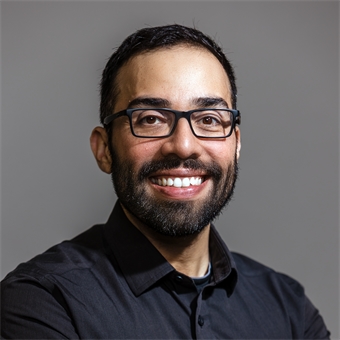 |
| photo: Janice Checchio |
Steve Ramirez is a neuroscientist and associate professor of psychological and brain sciences at Boston University, where he leads a research lab focused on imaging and artificially manipulating memories in the brain. He completed his PhD in neuroscience at MIT and is a former Junior Fellow of Harvard University. Ramirez is a TED speaker, a recipient of the White House PECASE Award, and his work has been featured by National Geographic, Forbes, and NPR. He loves boxing, playing Mario Kart, and cheering for all sports teams Boston!
His debut book, How to Change a Memory: One Neuroscientist's Quest to Alter the Past (Princeton University Press, November 4, 2025), is a blend of memoir and science that explores memory's incredible power to shape who we are--and how we might one day learn to rewrite our own.
On your nightstand now:
Everyone Who Is Gone Is Here by Jonathan Blitzer.
This is my top pick for best book of 2025, and it has resonated deeply. It unpacks the complex sociopolitical forces that shaped immigration between Central America and the United States, and I couldn't help but hear my parent's voices on every page. It's a heck of a story to escape a civil war and give your family a fighting chance at life--one that I'm so glad can continue to be passed down. It's also provided an inspiring, sobering, and emotional undercurrent that I hope to imbue in my own writing.
Favorite book when you were a child:
The Giver by Lois Lowry. It was the first book that made me realize memory could be a kind of rebellion against the present, and yet, the present inevitably applies a new coat of paint to what we experience and remember. It's trippy, just like the changeability of memory itself!
Your top five authors:
Stephen Greenblatt
Bill Bryson
Mary Roach
Carl Sagan
Daniel Gilbert
I had to stick to nonfiction or else this would actually be an even more impossible question to answer!
Book you've faked reading:
Ulysses by James Joyce. I want to read this book, and I want to love this book. I've started it more times than I'd like to admit and then find my brain pretzeled into a narrative knot, so each time I promise myself this will be the time I actually finish and untangle its story.
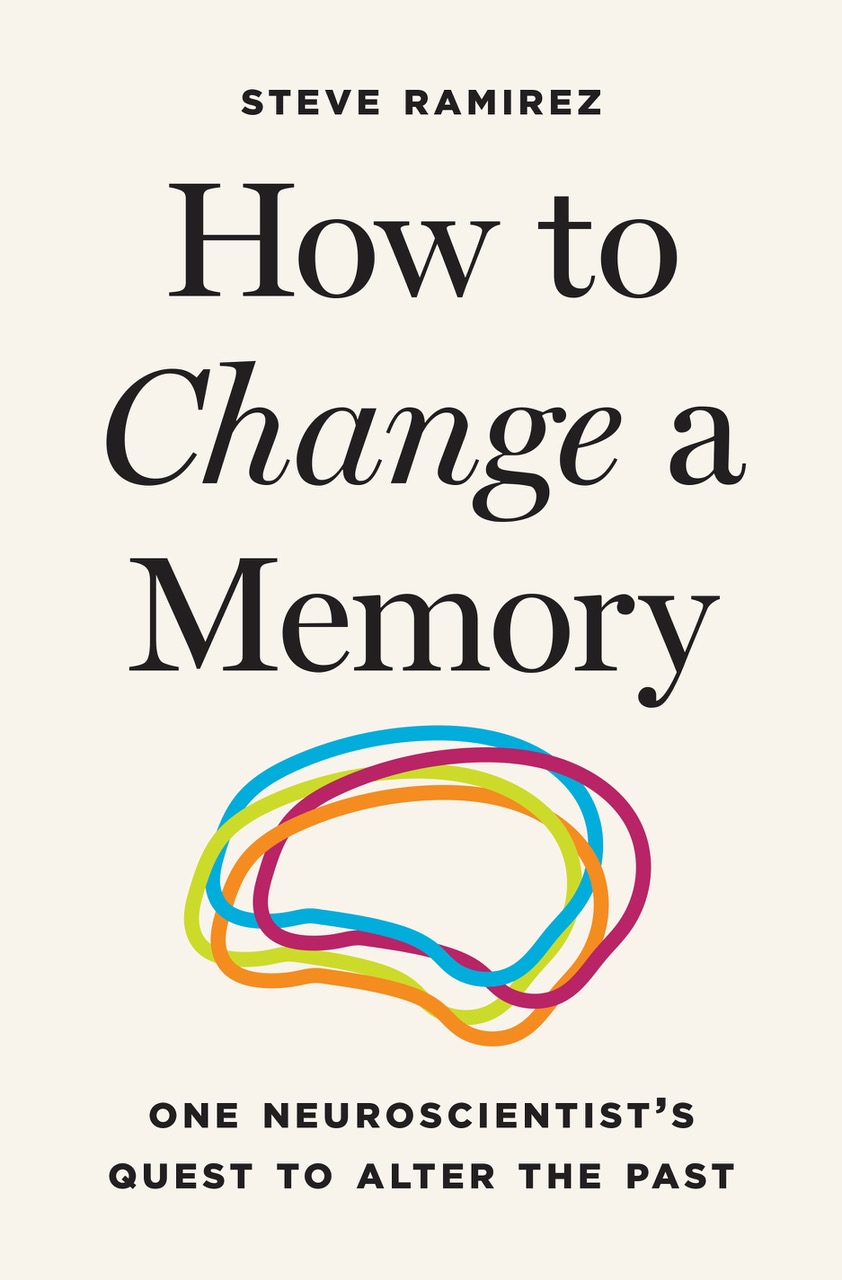 Book you're an evangelist for:
Book you're an evangelist for:
A Short History of Nearly Everything by Bill Bryson. This book made all of reality feel like a playground worth exploring, which we can then transform into a story by connecting all the "dots," so to speak, that have ever existed.
Book you've bought for the cover:
Gödel, Escher, Bach by Douglas Hofstadter. The artwork is as mesmerizing and recursive as the book itself, and I knew before reading a word that it would bend my brain in a way that'd probably take me the rest of my life to understand.
Book you hid from your parents:
None! My parents would drive me to Barnes & Noble almost every week before I could even drive, and I almost always picked out a book to bring home. Reading was one of the things that they did their best to encourage and, if anything, they made it so that I never had to hide any readings from them by entertaining my obsession.
Book that changed your life:
The Power of Myth by Joseph Campbell. This wonderful book reframed how I think about storytelling, science, and memory, which are some of the unifying forces that bind us together as people. All of mythology, like science, has a shared goal of making sense of being alive, and we see its influence everywhere around us: from movies to music to shows, there's a larger common story being told at the level of humanity. I hold that universalness close to my heart.
Favorite line from a book:
"So we beat on, boats against the current, borne back ceaselessly into the past" -The Great Gatsby by F. Scott Fitzgerald.
I mean, c'mon! That sentence is as beautiful as it is haunting. It also happens to capture what I consider an entire theory of memory in one breath.
Five books you'll never part with:
God: A Biography by Jack Miles
Moonwalking with Einstein by Joshua Foer
A Brief History of Time by Stephen Hawking
Stumbling on Happiness by Daniel Gilbert
The Emperor of All Maladies by Siddhartha Mukherjee
Each of these books blends hard-hitting research with poignant storytelling in a way that creates raw, lasting impact. Whether it's taking a literary lens to the God of the Old Testament, learning about the near-infinite storage capacity of our brain, cruising through the beginnings of the universe with a Big Bang, finding patterns in what makes us happy, accepting the tragedy of life's fragility, these books have all given me glimpses into my deepest sources of happiness as well as fear. I like to think their stories held my hand as I took my first steps into authorhood.
Book you most want to read again for the first time:
Will in the World by Stephen Greenblatt.
Reading it felt like falling through time and landing in Shakespeare's mind, right in the middle of the English Renaissance and brimming with all the sound and fury that would become Shakespeare's plays, poems, and characters--how awe-inspiringly rich the world looks from this vantage point! I'd love to have that first encounter again and again to remind myself that every little and big thing in existence has a story to tell if you listen closely enough.
What made you want to write How to Change a Memory?
It started as a childhood dream: to write something that mattered to me and, by extension--hopefully--that mattered to the world. I wanted to braid my personal story with whatever career I decided to dedicate my life to, and that ended up being science. But the dream of writing this book became something much deeper along the way. It was a direct way to honor my late friend Xu, whose memory and scientific discoveries live at the emotional core of this book. That childhood dream transformed into this book: it's about the science of remembering, yes--but it's also about what it means to carry someone with you.












 A bookstore and wine bar called
A bookstore and wine bar called 

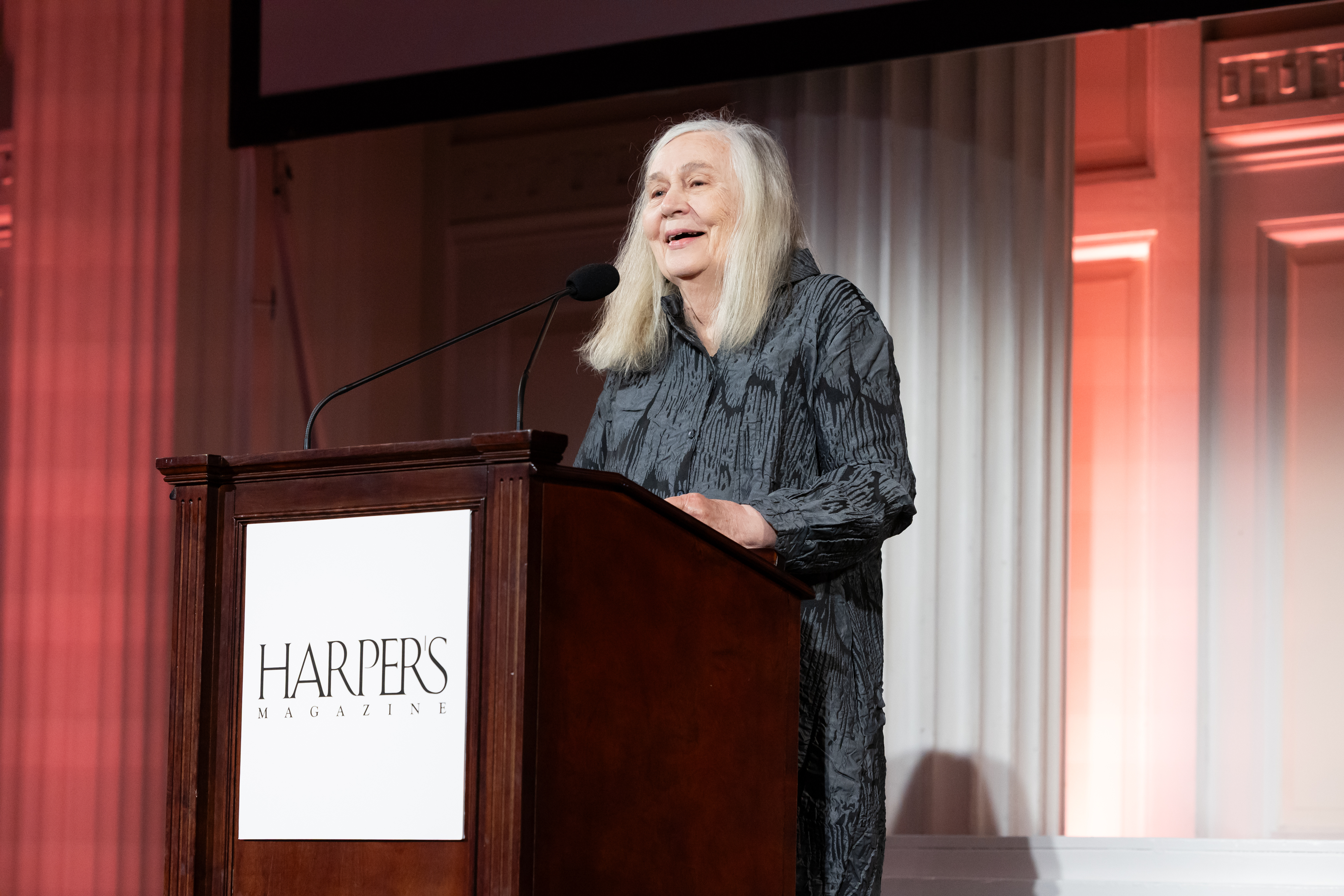 Novelist Marilynne Robinson was awarded the inaugural Lewis H. Lapham Award for Literary Excellence from Harper's magazine at their 175th anniversary gala last week. In her speech, Robinson noted, "Harper has proved the power of true witness in the face of corrupt economic forces and outright disaster. In this moment, it reminds us that the voice of a free people is full of turbulence and also grace." (photo: Beowulf Sheehan)
Novelist Marilynne Robinson was awarded the inaugural Lewis H. Lapham Award for Literary Excellence from Harper's magazine at their 175th anniversary gala last week. In her speech, Robinson noted, "Harper has proved the power of true witness in the face of corrupt economic forces and outright disaster. In this moment, it reminds us that the voice of a free people is full of turbulence and also grace." (photo: Beowulf Sheehan) The inaugural
The inaugural  "The solution to all your problems may not be in a bookstore,
"The solution to all your problems may not be in a bookstore,  "
"
 Book you're an evangelist for:
Book you're an evangelist for:
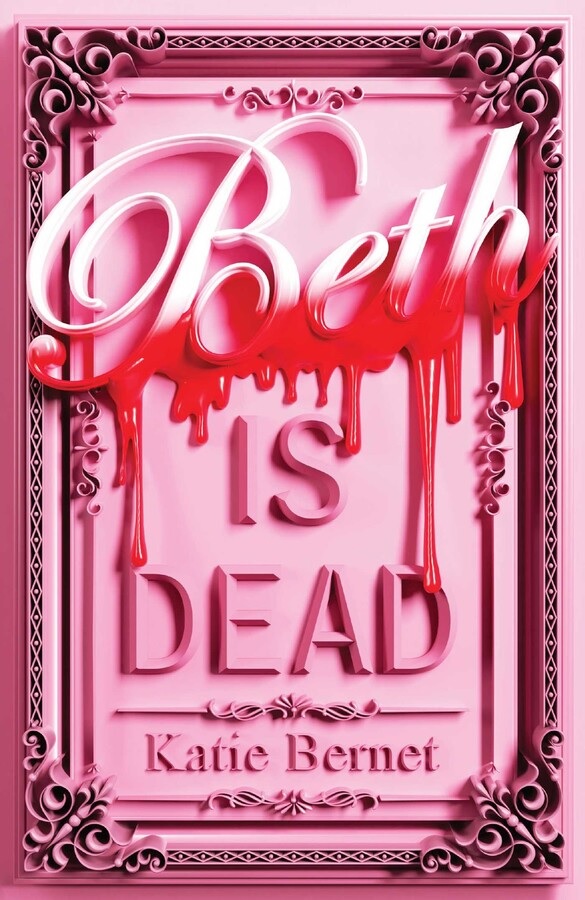 Young adult literature has no shortage of riffs on Louisa May Alcott's classic bildungsroman, Little Women. The best of these, such as So Many Beginnings by Bethany C. Morrow, converse fluently with Alcott's novel while adding new perspectives in a way that seems essential, almost predestined. Katie Bernet's audacious debut, Beth Is Dead, is an astonishingly successful addition to their ranks.
Young adult literature has no shortage of riffs on Louisa May Alcott's classic bildungsroman, Little Women. The best of these, such as So Many Beginnings by Bethany C. Morrow, converse fluently with Alcott's novel while adding new perspectives in a way that seems essential, almost predestined. Katie Bernet's audacious debut, Beth Is Dead, is an astonishingly successful addition to their ranks.